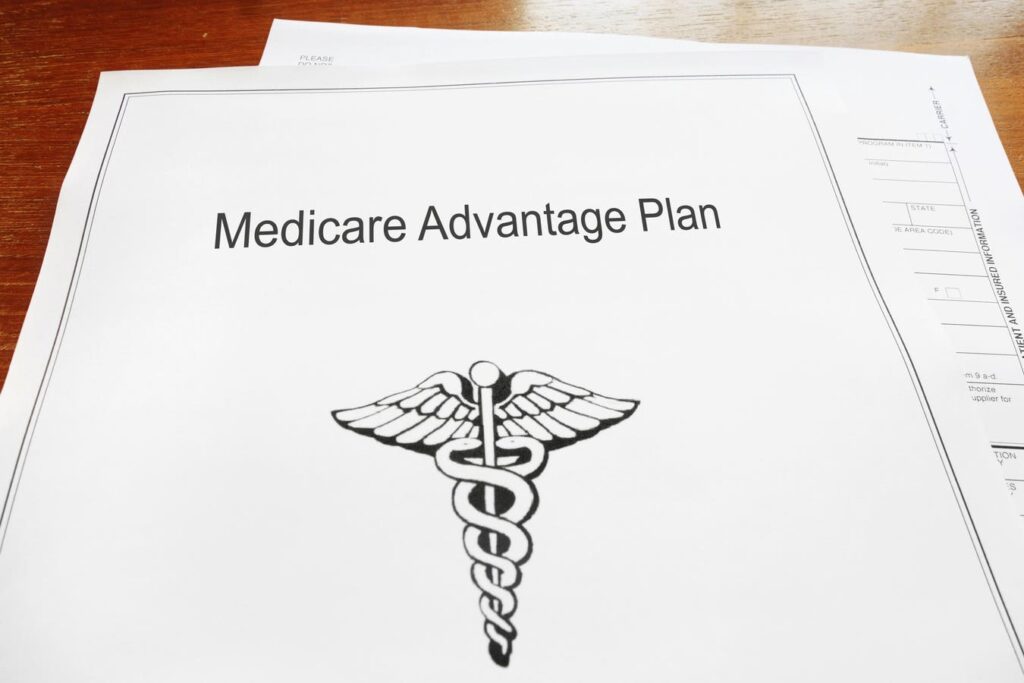Last year I reported on actions the previous administration was taking to make Medicare Advantage plans less attractive to beneficiaries and the consequences of those actions.
For example, the Centers for Medicare and Medicaid Services set the reimbursement rates to insurers who sponsor Medicare Advantage plans at much lower levels than expected. CMS took other actions that made the plans less profitable than the insurers offering them expected and in some cases made them unprofitable.
The result was that fewer Medicare Advantage plans were available for 2025. Advantage plans that covered 1.5 million beneficiaries in 2024 were eliminated for 2025.
Many of the plans that are available had fewer benefits and higher costs for beneficiaries than in 2024.
CMS and recent laws also made changes in the Part D prescription drug coverage which made fewer plans available, increased premiums, and reduced the drugs covered by many plans. Prescription drug coverage is bundled in Medicare Advantage plans, and these changes flowed through to Advantage plan beneficiaries.
Advantage plan members also have fewer treatment choices, because more health providers announced they would not accept or participate in certain Advantage plans or Advantage plans in general.
Advantage plan sponsors have been expecting another tough year, especially after CMS proposed earlier this year another low increase in reimbursement rates to insurers for 2026.
But recently CMS announced good news for Medicare Advantage plan insurers and beneficiaries.
CMS said the 2026 reimbursement rate would be 5.06% higher than the 2025 rate instead of the 2.23% increase that initially was proposed. The change means in aggregate insurers sponsoring Advantage plans will receive an additional $25 billion in payments.
CMS said the higher reimbursement rate is based on recent data that indicate medical costs to plans are rising more than expected.
The higher reimbursement rate could prevent another round of plan closings, higher premiums, and benefit reductions.
In another recent move, CMS said it was withdrawing a proposal by the previous administration to increase the coverage for obesity drugs. The drugs will be covered only in certain circumstances.
That’s bad news for people who want or need the drugs. They’ll have to pay for the drugs themselves or do without. But it’s good news for other beneficiaries, because plan resources won’t be shifted to help pay for the drugs.
The current administration will continue a policy change that ends billing practices Medicare Advantage plans have used to increase their payments from CMS.
CMS believes Advantage plans make aggressive use of billing codes to increase the reimbursements received from Medicare for the care of some patients. The change aims to reduce the ability to “game” the coding system. It is phased in over three years and is expected to be fully implemented in 2026.
The result of these actions is Medicare Advantage plans might not change as much from 2025 to 2026 as they did from 2024 to 2025. Insurers might not have to drastically reduce the number of plans, increase beneficiary costs, and trim benefits.
We won’t know for sure until 2026 plan details are announced just before this fall’s Open Enrollment period. For now, 2026 looks more promising for Advantage plan members than it did a few months ago.
Read the full Medicare Replacement Plans article here

